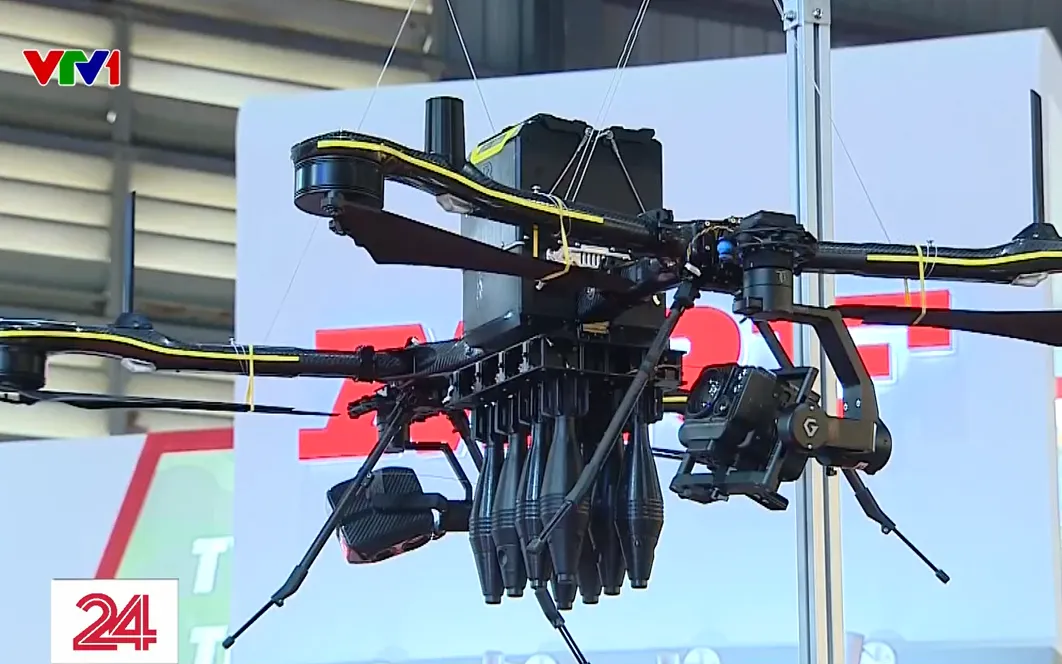
Vietnam is facing a "golden time" for the low-end economic sector.
Low-altitude economics is understood as economic activities that take place below 1,000 m and can be expanded to 5,000 m depending on the needs of each country. This field takes advantage of drone and unmanned flight technology, low-altitude intelligent networks to develop infrastructure, produce aircraft, accompanying services and ensure flight safety. Applications range from agriculture , logistics, environmental monitoring, transportation to communication and entertainment, thereby exploiting the low atmosphere which has not been effectively used.
Mr. Vu Anh Tu, Technology Director ofFPT Corporation, emphasized that the global market has reached hundreds of billions of USD in size, growing 30% per year and has been identified as a strategic industry by major economies such as the US, China, and Europe.
"Vietnam is facing a "golden moment" to enter this field, opening up a completely new economic sector based on aviation, space and UAV technology. He believes that "Vietnam's sky" is opening up an unprecedented development space, especially when the Mekong Delta is becoming the largest UAV application area in the country, and at the same time is a testing ground for many international corporations," said Mr. Vu Anh Tu.
Mr. Vo Xuan Hoai, Deputy Director of NIC, affirmed that aerospace and UAVs are one of the global strategic industries, with 70% of the UAV market share in the hands of large enterprises, creating strong competition between the US, China and many other countries. This is an opportunity for Vietnam to participate deeply in the value chain, from research, equipment manufacturing to software development, AI and flight management.
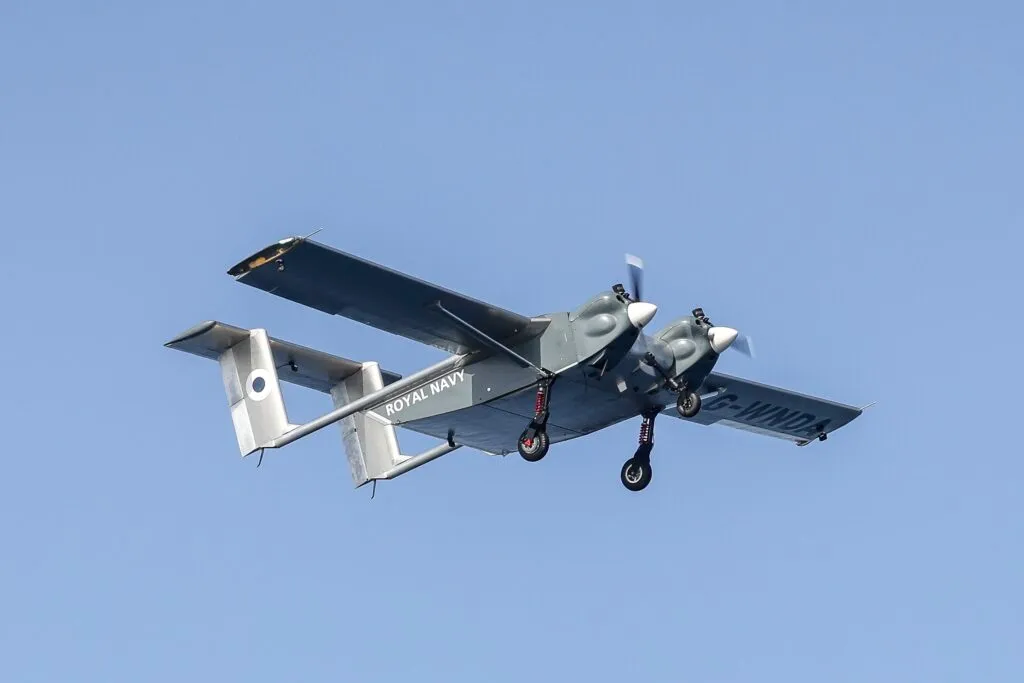
UAVs are expected to become effective tools in infrastructure monitoring, traffic management and improving emergency response capabilities.
He also praised the efforts of Vietnamese UAV enterprises to be self-sufficient in technology and stressed the need for close coordination between the State, enterprises, research institutes and international partners. A notable step forward is that NIC has just proposed to establish the first UAV test flight space in Vietnam. This is a premise for commercializing domestic products.
Analyzing the development potential of the low-level economy, Mr. Vu Anh Tu, Technology Director of FPT Corporation, pointed out that the low-level economy opens up the opportunity to form a completely new industry in Vietnam. Not only UAV production, but also equipment, chips, sensors, building flight management platforms and 3D digital maps, developing operating services, insurance, training, and applications in agriculture and other fields.
This is the intersection of the digital economy, green economy and knowledge economy. Each UAV flight combines data, artificial intelligence (AI), clean energy and the technical knowledge of Vietnamese engineers. Investing in the low-altitude economy is investing in three new pillars of development of Vietnamese science.
Analysis at the forum showed that the low-level economy not only opens up new industries but also directly increases productivity across the economy. In agriculture, a sector that accounts for 12–14% of GDP and employs up to 40% of the workforce, UAVs are creating a leap forward in automation: a spraying UAV can treat 67 hectares per day, while manual labor only reaches about 1 hectare. Vietnam’s agricultural robot market is forecast to reach 400 million USD by 2030.
In logistics, as e-commerce is expected to reach $63 billion by 2030, UAVs are expected to help significantly reduce delivery costs, especially in areas with complex terrain. Tests in Thai Nguyen, Tuyen Quang, and Lang Son have yielded positive results. In large cities, UAVs will play an important role in traffic monitoring, infrastructure safety, smart urban management, and emergency response.
In the field of smart cities, UAVs are expected to become a powerful tool in infrastructure monitoring, traffic management and improving emergency response capabilities. Exploiting low-altitude economic space is not only an economic issue but also directly related to safety, security and national response capabilities.
Source: https://vtv.vn/viet-nam-dung-truoc-thoi-diem-vang-cho-nganh-kinh-te-tam-thap-100251114192216993.htm





![[Photo] Unique art of painting Tuong masks](https://vphoto.vietnam.vn/thumb/1200x675/vietnam/resource/IMAGE/2025/11/14/1763094089301_ndo_br_1-jpg.webp)

![[Photo] Unique architecture of the deepest metro station in France](https://vphoto.vietnam.vn/thumb/1200x675/vietnam/resource/IMAGE/2025/11/14/1763107592365_ga-sau-nhat-nuoc-phap-duy-1-6403-jpg.webp)
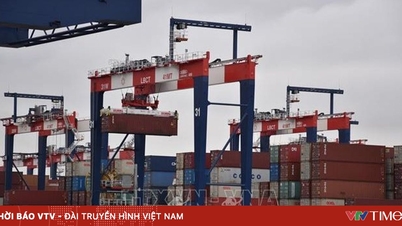


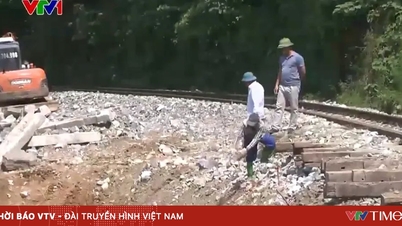
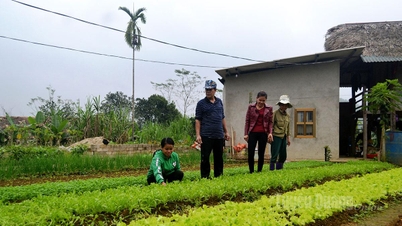




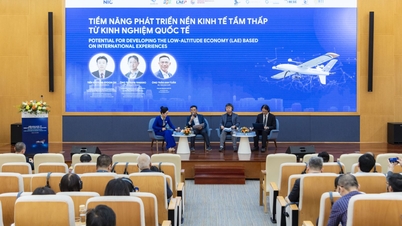



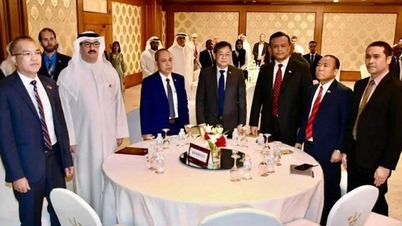

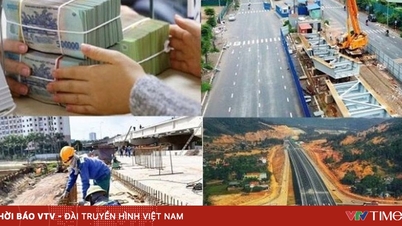
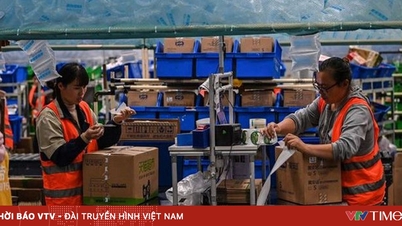





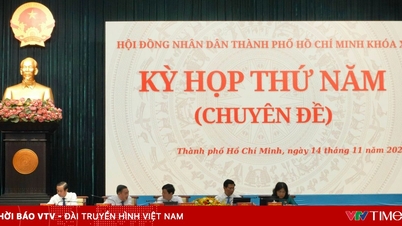
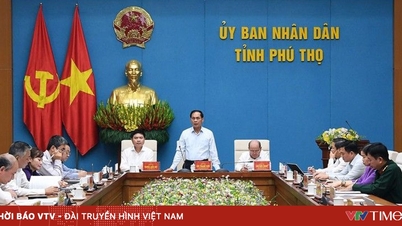
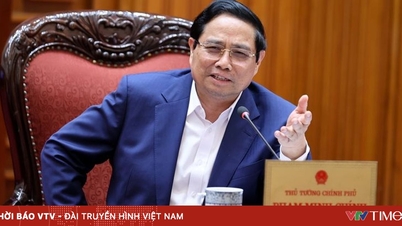
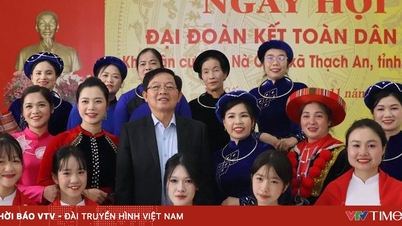
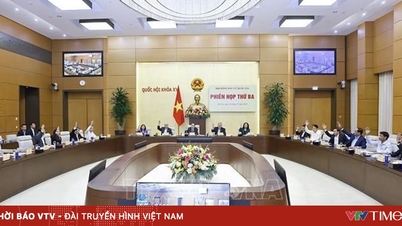
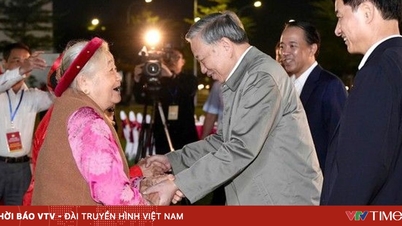
![[Photo] Special class in Tra Linh](https://vphoto.vietnam.vn/thumb/1200x675/vietnam/resource/IMAGE/2025/11/14/1763078485441_ndo_br_lop-hoc-7-jpg.webp)











































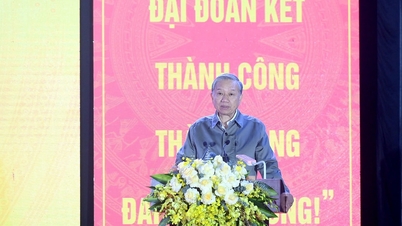



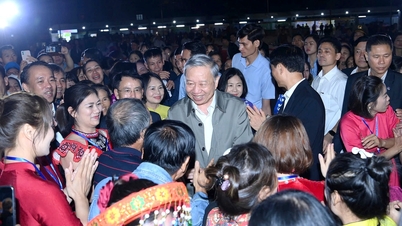
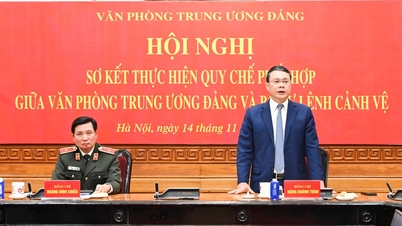




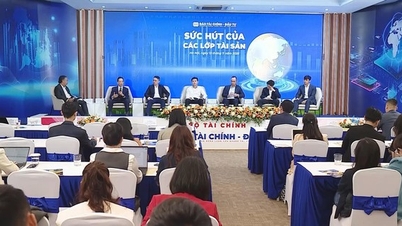
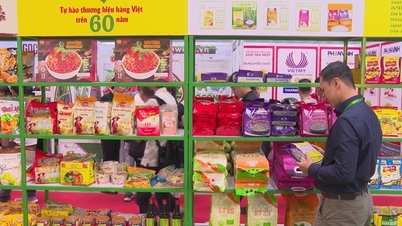


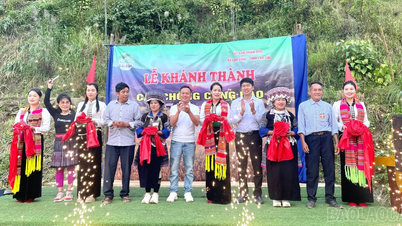

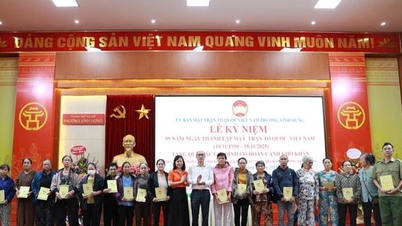











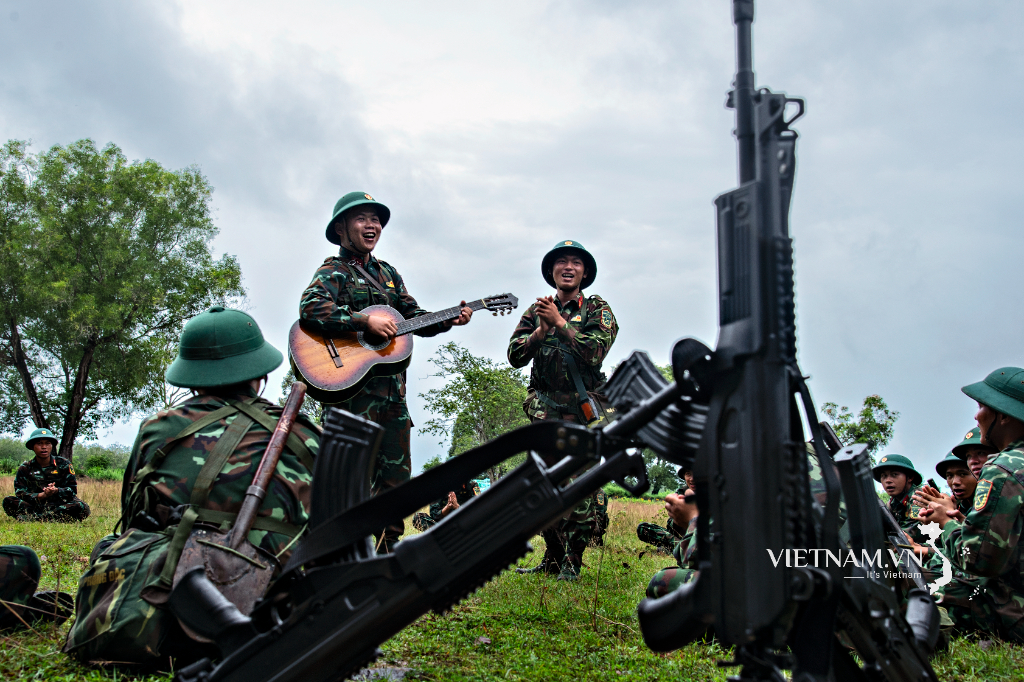
Comment (0)